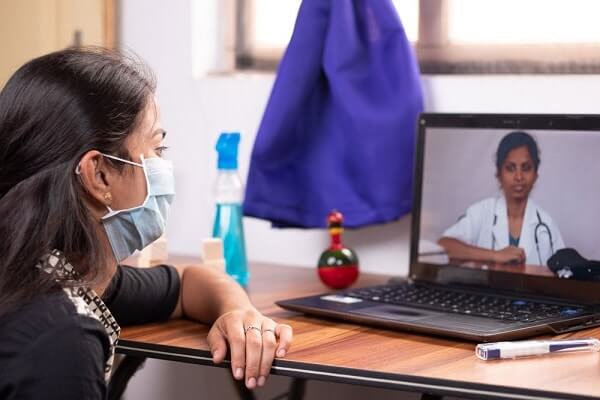Nine projects varying from agribusiness and health to education and business are among the recipients of the Australia-India Council research grants for the year 2021-22. They will receive a share of $935,000 of funding in a key step towards encouraging collaboration between the two countries.
The announcement comes on the occasion of India’s 75 years of independence, and thirty years of the Australia India Council (AIC).
“India is a great friend of Australia’s, and this funding will continue to build on the links between our countries,” said Minister for Foreign Affairs Penny Wong in her announcement of the latest round of AIC research grants.
The grant offers range from $49,500 to over $175,000.
Disability‐inclusive virtual healthcare and rehabilitation in India: Nossal Institute
In a major step to improve telehealth services in India, the VirtuCare project will look produce a model of care to address the needs of people with disabilities.
The project will pilot and evaluate new innovations among community-based inclusive development workers and selected health and wellness centres. It will then work with existing government partners to expand this initiative to national disability and health systems.

Space exchange and trade visit: University of South Australia
This project will connect Indian and Australian start-ups with emerging technical and business expertise, networking, and technology exchanges through a trade visit, demonstrations, and series of online exchanges.
It aims to fast-track market entry and increase investment opportunities through a series of hybrid events in Chennai and Adelaide.
Notably, this university is home to Innovation & Collaboration Centre, Australia’s first space incubator.
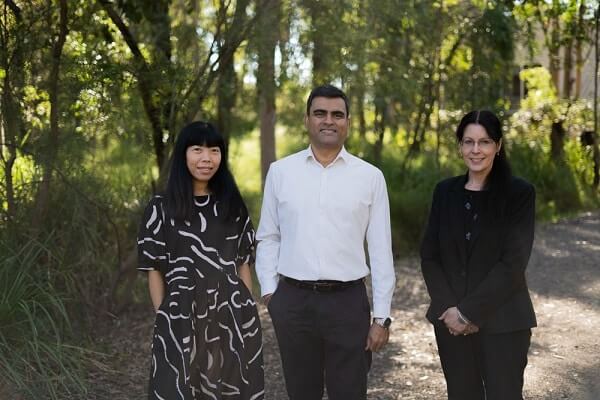
Zero-carbon building construction network: University of Newcastle
This project to develop an action roadmap towards achieving zero-carbon buildings in the construction industry, that contributes around one-third of worldwide greenhouse gas emissions.
It will include dialogues in Sydney and Mumbai between industry, government, and academia. The project team members include Dr Jessica Siva, Associate Professor Thayaparan Gajendran, and Dr Kim Maund.
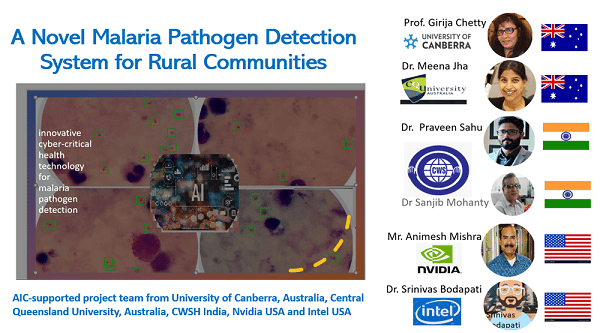
Malaria pathogen detection system for rural communities: University of Canberra
In an effort to address malaria detection in remote and rural areas, and hence support diagnosis and treatment, this project will develop an innovative cyber-critical technology framework for early malaria pathogen detection.
The technology showcases will take place in Australia in January 2024 and in India in June 2024. The team will also include members from Central Queensland University, CWSH India, Nvidia USA, and Intel USA.
READ MORE: Giving cancer patients more of a voice in their treatment
Mining innovation: Austmine Limited
The Australia-India Mining Innovation Program (AIMIP) will facilitate collaboration between Indian mining companies and Australian METS companies. It will connect Indian miners with innovative solutions and new technology used here in Australia through online training, webinars and workshops, and mining challenges.
Select METS companies will make a trade mission to India to understand the operation context while Indian miners will join the Austmine 2023 Mining Innovation Conference and related activities in Adelaide.

Advocating business success through case studies: Newland Global Group
This project aims to educate and build awareness on the existing markets in India and Australia. It will bridge the knowledge gap between the two markets by highlighting business wins in priority sectors of engagement.
It will also provide a framework of these successful businesses along with recommendations and lessons learned.
READ MORE: New opportunities in Indian MedTech following India-Australia trade agreement
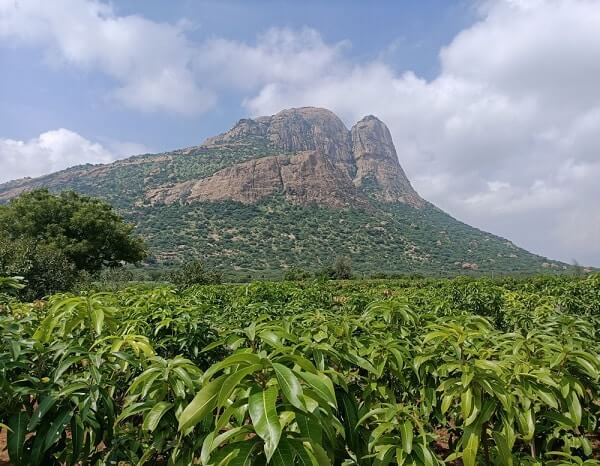
Helping mango cultivars respond to climate change: Hawkesbury Institute for the Environment at Western Sydney University
This project will enable industries in Australia and India to modify planting regimes of different mango varieties in response to changing climate. It will look at the floral biology of different varieties and insect floral visitors to help optimise crop yield and will organise yearly workshops over three years.
This project is also funded by Hort Innovation through a local PhD position in Australia with a joint PhD scholarship between Western Sydney University and Tamil Nadu Agricultural University in India.
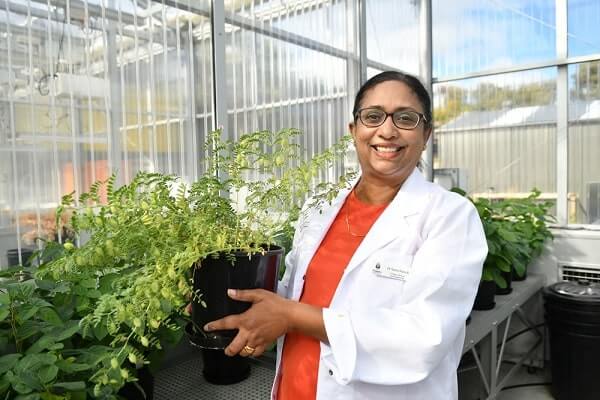
Identifying drought-tolerant chickpea cultivars: Flinders University
This project aims to identify chickpea cultivars that are drought tolerant and fix nitrogen symbiotically, for sustainable yields in both Australia and India.
Australia is the world’s largest exporter of chickpeas (650,000 tonnes annually). The pulse has seen an increase in diet profile given it is an excellent source of protein, making it an excellent alternative to animal-based foods. This, together with its ability to form symbiosis with soil bacteria to utilise atmospheric nitrogen, makes it an important part of sustainable agriculture.
The project was considered significant because chickpeas typically grow using stored soil moisture after the rains; given that seed filling now occurs under increasing temperatures and decreasing soil moisture, crops could be impacted by terminal drought.
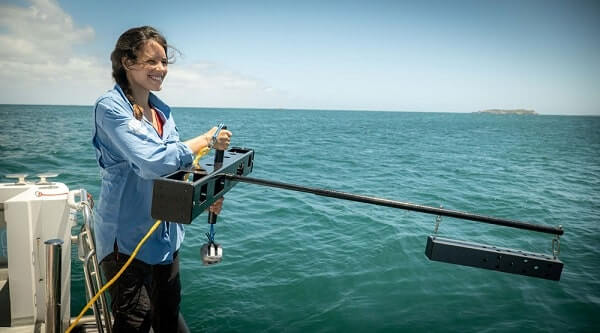
Blue carbon sequestration supports climate adaptation in the Indian Ocean: University of Western Australia
This project will help in quantifying blue carbon seascapes of the Indian southern continental shelf and Australia’s northwest continental shelf.
Baited remote underwater video systems will be deployed to determine fish biomass and thus carbon storage.
Outcomes will inform climate-focused decision-making in India and Australia to support fisheries’ climate resilience and marine conservation.
For more on Australia-India Council research grants, head here
READ ALSO: ARCH-India: A new platform for Australia-India research collaborations




